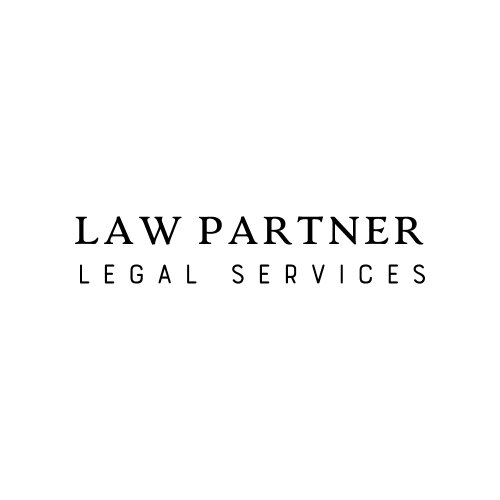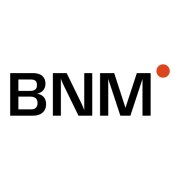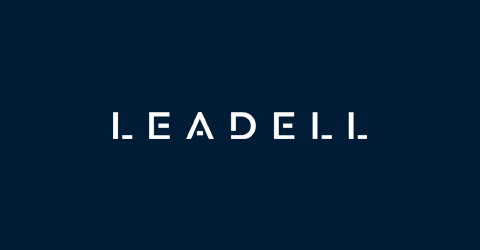Best Public-Private Partnerships (PPP) Lawyers in Republic of Lithuania
Share your needs with us, get contacted by law firms.
Free. Takes 2 min.
Or refine your search by selecting a city:
List of the best lawyers in Republic of Lithuania
About Public-Private Partnerships (PPP) Law in Republic of Lithuania
Public-Private Partnerships (PPP) in the Republic of Lithuania are collaborative arrangements between government authorities and private sector entities for delivering public services or infrastructure. PPPs in Lithuania are regulated by a framework of national laws designed to facilitate investment and cooperation in public projects while ensuring transparency, efficiency, and fair competition. The system allows private companies to participate in the development, financing, operation, and maintenance of public assets such as roads, schools, hospitals, and other infrastructure, often through long-term contractual agreements. The aim is to combine the strengths of both sectors to meet public needs effectively.
Why You May Need a Lawyer
Engaging in a PPP project often involves navigating a web of legal, regulatory, and financial complexities. Here are common situations where legal help may be crucial:
- Drafting and reviewing PPP contracts to ensure favorable and lawful terms.
- Participating in government tenders and the competitive dialogue process.
- Addressing regulatory compliance and risk management issues.
- Resolving disputes between public and private partners.
- Structuring project finance and managing investment risks.
- Ensuring proper allocation of obligations, liabilities, and profit-sharing mechanisms.
- Understanding tax implications and applicable incentives.
- Obtaining necessary permits or governmental approvals for the project.
Local Laws Overview
Lithuania’s PPP framework is primarily governed by the Law on Investment, the Law on Concessions, and the Law on Public Procurement, along with supporting regulations. Key aspects include:
- Project Identification and Initiation: Public authorities define the scope and objectives of a PPP, followed by a feasibility assessment.
- Tendering and Procurement: The selection of private partners is typically conducted through public and transparent procurement or concession procedures.
- Contract Terms: PPP contracts detail responsibilities, risk allocation, duration, pricing, and performance criteria. Contracts often last from 10 to 30 years.
- Regulatory Oversight: Contracts are subject to oversight to ensure compliance with Lithuanian laws and European Union principles, particularly regarding transparency and competition.
- Financing and Guarantees: Financing might involve private capital, public funds, or a combination. State or municipal guarantees may be available under specific conditions.
- Dispute Resolution: Disagreements are commonly resolved via negotiation, Lithuanian courts, or arbitration, depending on the contract terms.
Frequently Asked Questions
What is considered a Public-Private Partnership in Lithuania?
A PPP in Lithuania typically refers to a long-term collaboration where a private entity designs, builds, finances, operates, or maintains public infrastructure or services under a contractual agreement with a government body.
Which laws govern PPPs in Lithuania?
The main laws include the Law on Investment, the Law on Concessions, and the Law on Public Procurement. EU directives on public procurement and concessions also apply.
Who can initiate a PPP project?
Generally, public authorities such as ministries, municipalities, or state-owned enterprises initiate PPP projects. In some cases, private entities can propose unsolicited PPP projects, subject to assessment.
What types of projects are suitable for PPPs in Lithuania?
Common sectors include transport, healthcare, education, energy, water, and environmental services. Projects must be viable for both public and private partners and demonstrate added value.
How are private partners selected?
Private partners are selected through transparent public procurement or concession procedures, which are open to competition and regulated by law.
What are the key risks in a PPP contract?
Risks include construction delays, financial shortfalls, demand risk, changes in law or policy, and force majeure events. Contracts should allocate risks clearly between parties.
How are PPP projects financed?
Financing may come from private sources, public funds, loans, or EU structural funds. Agreements may include state guarantees or viability gap funding in some cases.
What is the typical duration of a PPP agreement?
Most PPP contracts last 10 to 30 years, depending on the sector, investment size, and service requirements.
How are disputes resolved in PPP arrangements?
Disputes are usually addressed first through negotiation. If unresolved, they may go to Lithuanian courts or arbitration as outlined in the contract.
Are there any incentives for private companies to engage in PPPs?
The Lithuanian government and EU may offer incentives, such as grants, guarantees, or favorable regulatory conditions, particularly for projects of strategic importance.
Additional Resources
If you need more information about PPPs in Lithuania, consider the following resources:
- Lithuanian Ministry of Finance - The primary institution responsible for PPP policy and legislative development.
- Central Project Management Agency (CPMA) - Provides oversight, coordination, and support for PPP projects.
- Public Procurement Office - Regulates the procurement process for PPPs and provides advisory support.
- European PPP Expertise Centre (EPEC) - Offers guides, case studies, and policy tools relevant to EU countries, including Lithuania.
- Local Bar Associations - Can refer you to specialized lawyers experienced in PPP matters.
Next Steps
If you are considering involvement in a PPP project in Lithuania, follow these steps to protect your interests:
- Assess the project’s feasibility and your business objectives thoroughly.
- Consult with a lawyer who specializes in PPPs and local legislation before entering into negotiations or submitting proposals.
- Prepare all necessary documentation and review tender or procurement notices carefully for compliance requirements.
- Engage early with relevant government bodies for guidance and support.
- Stay informed about changes in national and EU regulations that may affect PPPs.
- Seek clarification on tax, financing, and regulatory matters as early as possible.
Lawzana helps you find the best lawyers and law firms in Republic of Lithuania through a curated and pre-screened list of qualified legal professionals. Our platform offers rankings and detailed profiles of attorneys and law firms, allowing you to compare based on practice areas, including Public-Private Partnerships (PPP), experience, and client feedback.
Each profile includes a description of the firm's areas of practice, client reviews, team members and partners, year of establishment, spoken languages, office locations, contact information, social media presence, and any published articles or resources. Most firms on our platform speak English and are experienced in both local and international legal matters.
Get a quote from top-rated law firms in Republic of Lithuania — quickly, securely, and without unnecessary hassle.
Disclaimer:
The information provided on this page is for general informational purposes only and does not constitute legal advice. While we strive to ensure the accuracy and relevance of the content, legal information may change over time, and interpretations of the law can vary. You should always consult with a qualified legal professional for advice specific to your situation.
We disclaim all liability for actions taken or not taken based on the content of this page. If you believe any information is incorrect or outdated, please contact us, and we will review and update it where appropriate.
Browse public-private partnerships (ppp) law firms by city in Republic of Lithuania
Refine your search by selecting a city.















